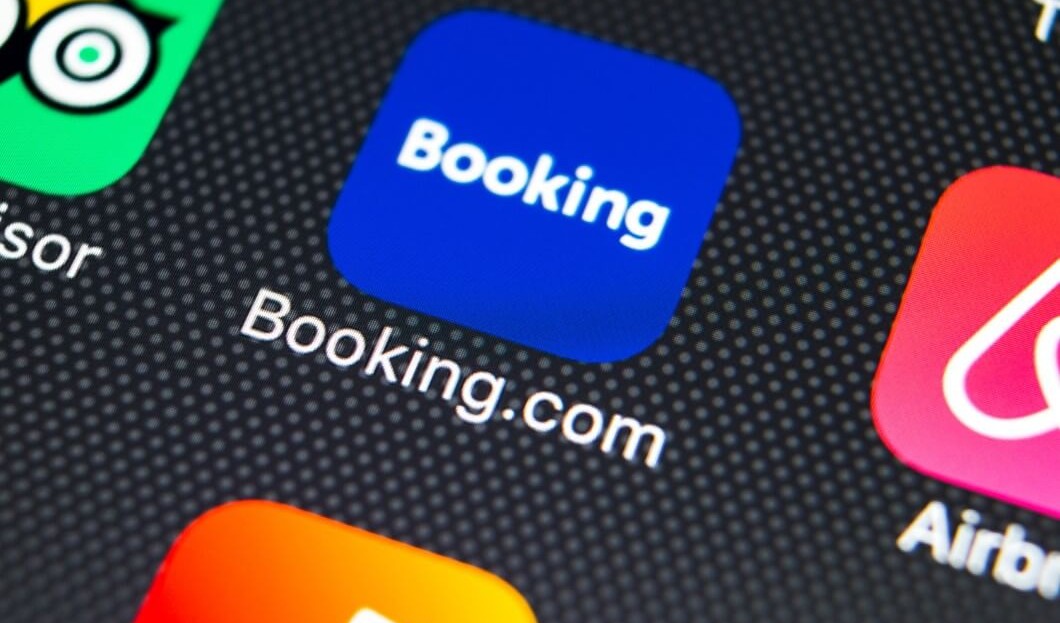In the future, in Germany, contracted hotels will be allowed to offer lower rates than those quoted on Booking.com.
Booking.com business blows hard: The world’s largest hotel accommodation portal can no longer prevent its contractual partners from offering rooms at lower rates than indicated on the platform. This decision was made on May 18 by the German Federal Court in Karlsruhe. “The judges found this practice incompatible with German and international antitrust laws,” a spokesman for the Dehoga hotel association said after the ruling was announced.
For years, hotel associations, backed by the German Federal Cartel Authority, have filed lawsuits against the alleged superiority of online portals offering accommodation. Hoteliers complain that Booking.com, HRS and Expedia, in particular, are ruthlessly dictating the terms of their contracts to mostly mid-sized hospitality players. A study by the Valais University of Applied Sciences of Western Switzerland found that only a quarter of all European hotels still believe their portals are fair.
For example, hostels are forced to participate in discount campaigns or provide guests with generous cancellation policies. In addition, commissions, which often range from 15 to 25 percent of the cost of living, are ruinous for many, as hoteliers themselves often have margins of only three to five percent.
In 2015, the industry achieved its first victory in court against Cologne-based hotel broker HRS. At the time, Düsseldorf’s Supreme Regional Court prohibited a longtime booking competitor from always demanding the lowest rates from their partner hotels.
However, the controversy was only about the so-called “broad clauses of the best prices”, according to which HRS was prohibited from offering lower prices on competitors’ portals. However, the controversy over “narrow best-price clauses” continued. Using this condition, portals can prohibit their hotel partners from lowering online rates for hotels listed along with their own price lists, for example, at the check-in counter.
This prohibitive practice was also convicted by the Bonn Anti-Cartel Authority in 2015, but then failed after Booking’s complaint was filed with the Regional High Court. Booking’s “narrow parity clauses” were necessary and proportionate, as the BGH lower court said to the surprise of competition advocates. The Dusseldorf court referred to the danger of “free riders” who can use Booking when looking for hotels, then book cheaper at the hotel itself.
While the Düsseldorf Supreme Court held that the best pricing provisions discouraged competition at the time, they were necessary for the Booking.com business model and were not subject to the cartel ban.
Since the head of the Anti-Cartel Authority, Mundt, appealed, the Federal Court ruled to the contrary. Booking.com’s business model – and thus similar hotel portals – is now likely to be affected accordingly.
Although Booking, according to its own statement, suspended the 2015 best rate clause to avoid hoteliers’ claims for damages, the dependence of hotels on booking portals continued to grow. Hotel groups such as Accor (Ibis, Mercure) are now trying to counter this with costly customer loyalty programs such as Accor Live Limitless (ALL) or Hilton Honors. While almost 64% of all overnight stays in Germany were booked directly with the hotel in 2013, by the end of 2019 this share had dropped to 58.5%.
On the other hand, online booking platforms were able to increase their share from 20.9 percent to 29.6 percent over the same period. The three main players – Booking, Expedia and HRS – collectively occupied 92% of the European market for online booking portals, with Booking dominating with a 68.4% share in Europe and 66.6% in Germany.

